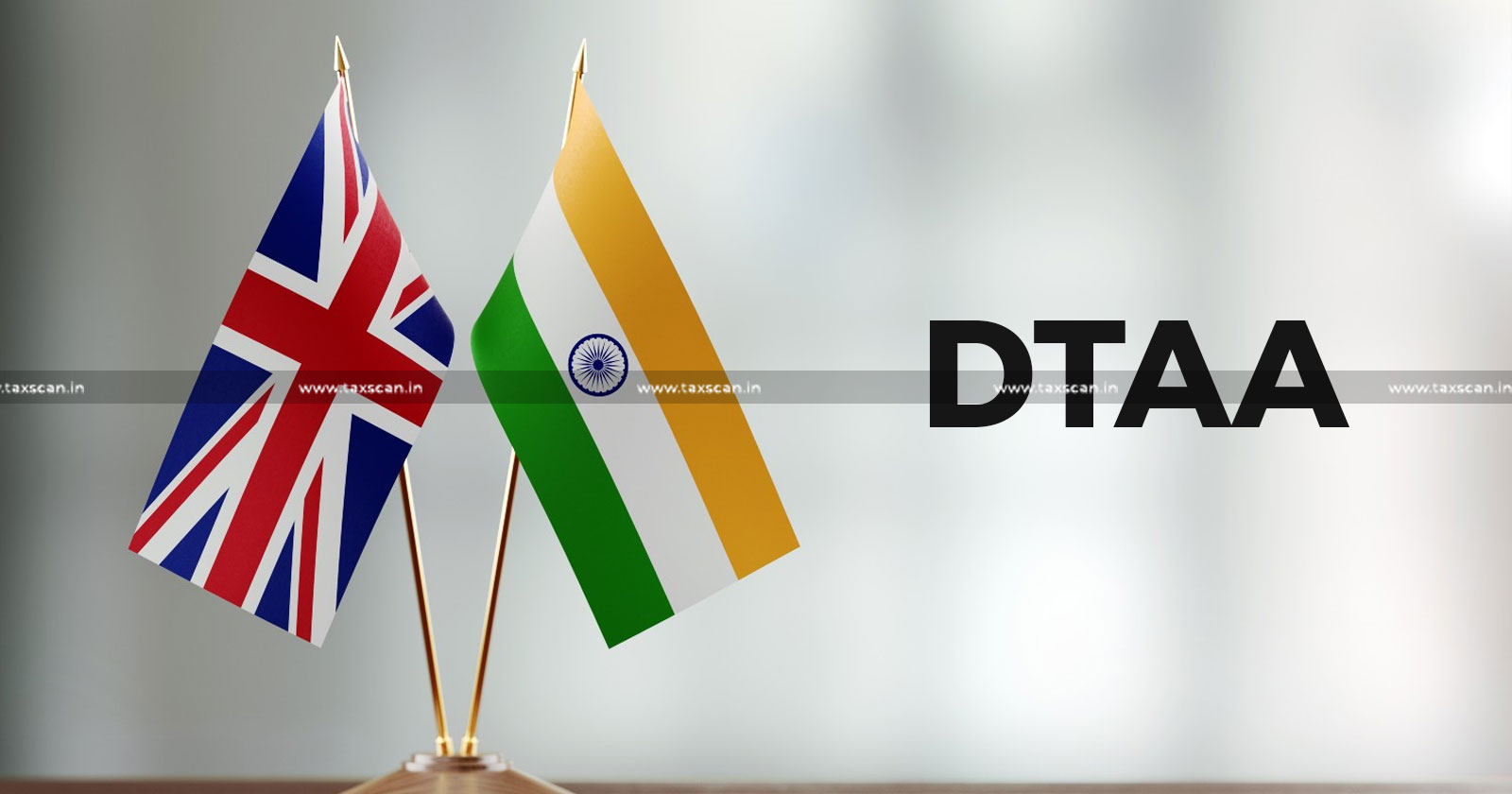Guarantee Commission Charges taxable in India under Indo-UK DTAA: Delhi HC [Read Order]
Taxability of income is concerned solely with income accruing or arising, Delhi HC rules Guarantee Commission Charges taxable in India under Indo-UK DTAA

Guarantee Commission – Charges taxable – India – Indo – UK – DTAA – Delhi HC – TAXSCAN
Guarantee Commission – Charges taxable – India – Indo – UK – DTAA – Delhi HC – TAXSCAN
The Delhi High Court in a significant ruling observed that the guarantee commission charges taxable in India under the Indo-UK double taxation avoidance agreement ( DTAA ).
The issue itself arises out of the receipt of guarantee charges by the appellant from its Indian subsidiaries in terms of an Intra Group Parental Guarantee and Counter Indemnity Services Agreement dated 29 March 2010. It had been the case of the appellant that it had initially and out of abundant caution characterized the amount of guarantee charges as being interest and taxable in terms of Article 12 of the Agreement for Avoidance of Double Taxation & Prevention of Fiscal Evasion with United Kingdom of Great Britain and Northern Ireland.
During the course of assessment undertaken in accordance with the procedure prescribed under Section 144C of the Income Tax Act, 1961, the Assessing Officer as well as the Dispute Resolution Panel6 took the position that the sum would be liable to be taxed under Article 23(3) of the DTAA and thus liable to be characterized as falling under the head of “other income”.
Appearing for the appellant Pardiwalla, senior counsel submitted that the Tribunal has clearly erred in holding that the income accrued or arose in India ignoring the fact that the fee was earned as consideration for bearing the risk of default on the part of the Indian subsidiary which was the principal debtor. It was contended that since the risk would ultimately be borne by the appellant outside India and where it could face the specter of coercive proceedings being initiated against its overseas financial assets, the income received would clearly fall outside the scope of Section 5(2) of the Income Tax Act.
Appearing for the respondents, Maratha submitted that the Tribunal has correctly come to conclude that income had accrued in India since, and in terms of Section 5(2) of the Income Tax Act, the same was received as a consequence and a corollary to the loans availed by the Indian subsidiaries. Learned counsel submitted that since the loan transaction had undoubtedly taken place in India, it would clearly not be open for the appellant to contend that no income had accrued to them in India.
A Division Bench of Justices Yashwant Varma and Purushaindra Kumar Kaurav observed that “We find ourselves unable to agree with the view taken in Capegemini bearing in mind the facts of the present case and where undisputedly the guarantee charges were not founded on any contract that the appellant may have had with a foreign bank but sourced and indelibly tied to the Intra Group Agreement. The consequences which may ensue if the guarantee were to be enforced and its resultant impact on its overseas assets are clearly not factors germane for answering the question of where the income arose or accrued.”
“We come to the firm conclusion that the guarantee charges were founded principally and solely upon the Intra Group Agreement and consequently the right to receive was also based on that agreement. The ultimate impact of any guarantee extended or any adverse consequence which the appellant may ultimately face or bear would not be determinative of the question of where the income had arisen or accrued” the Court noted.
To Read the full text of the Order CLICK HERE
Support our journalism by subscribing to Taxscan premium. Follow us on Telegram for quick updates


